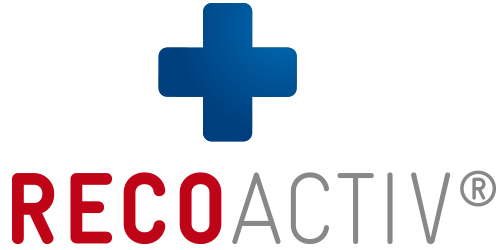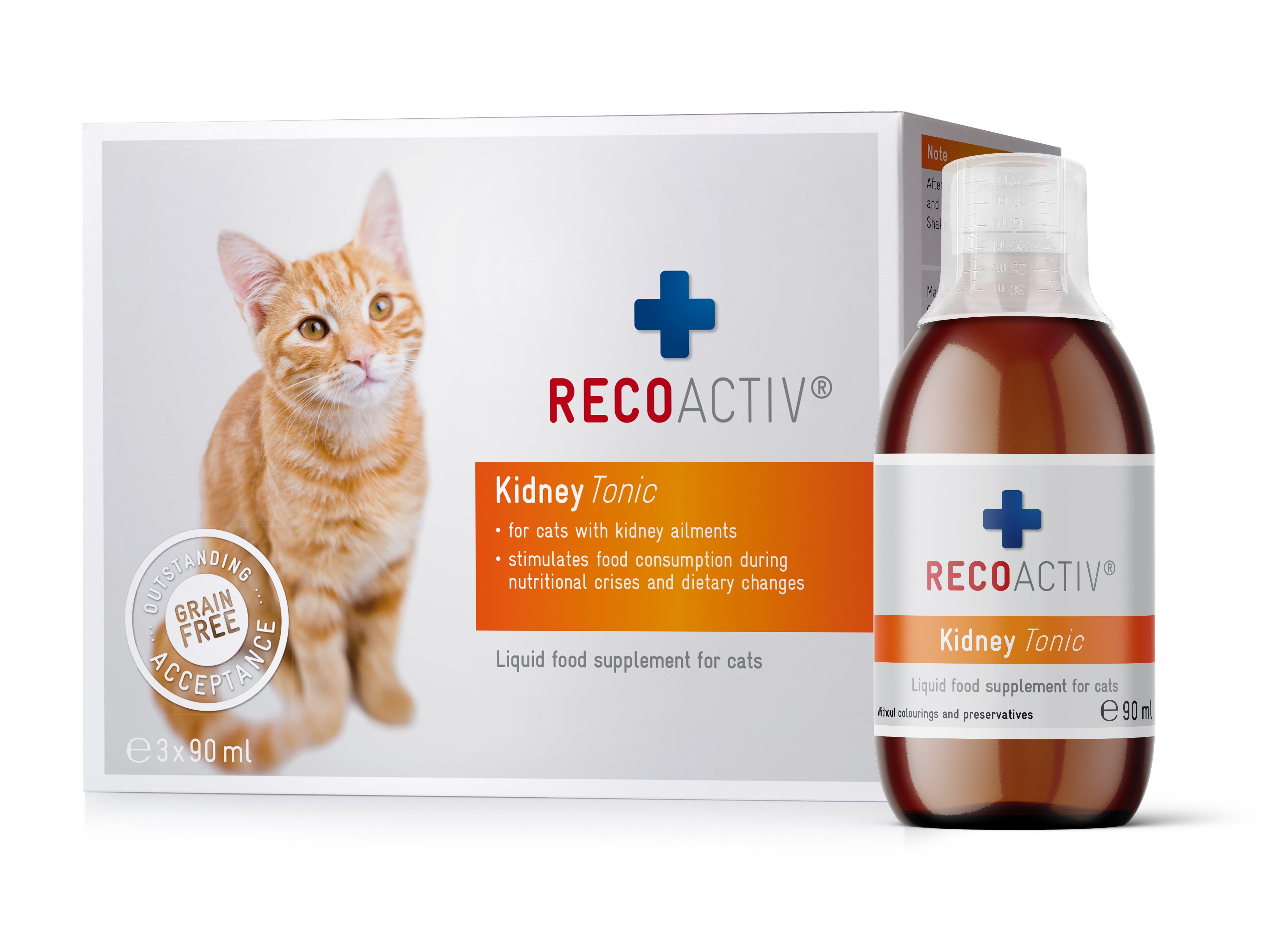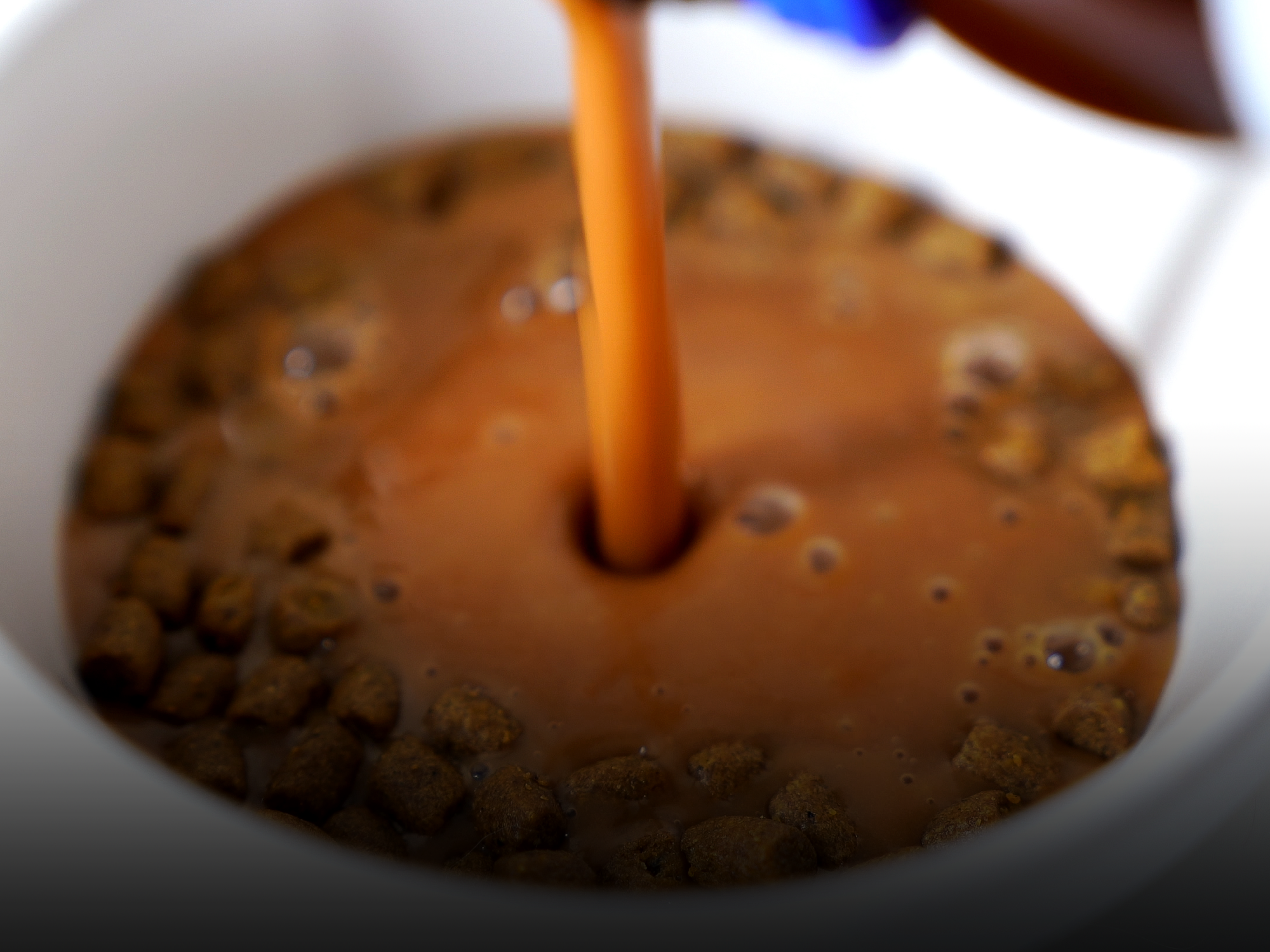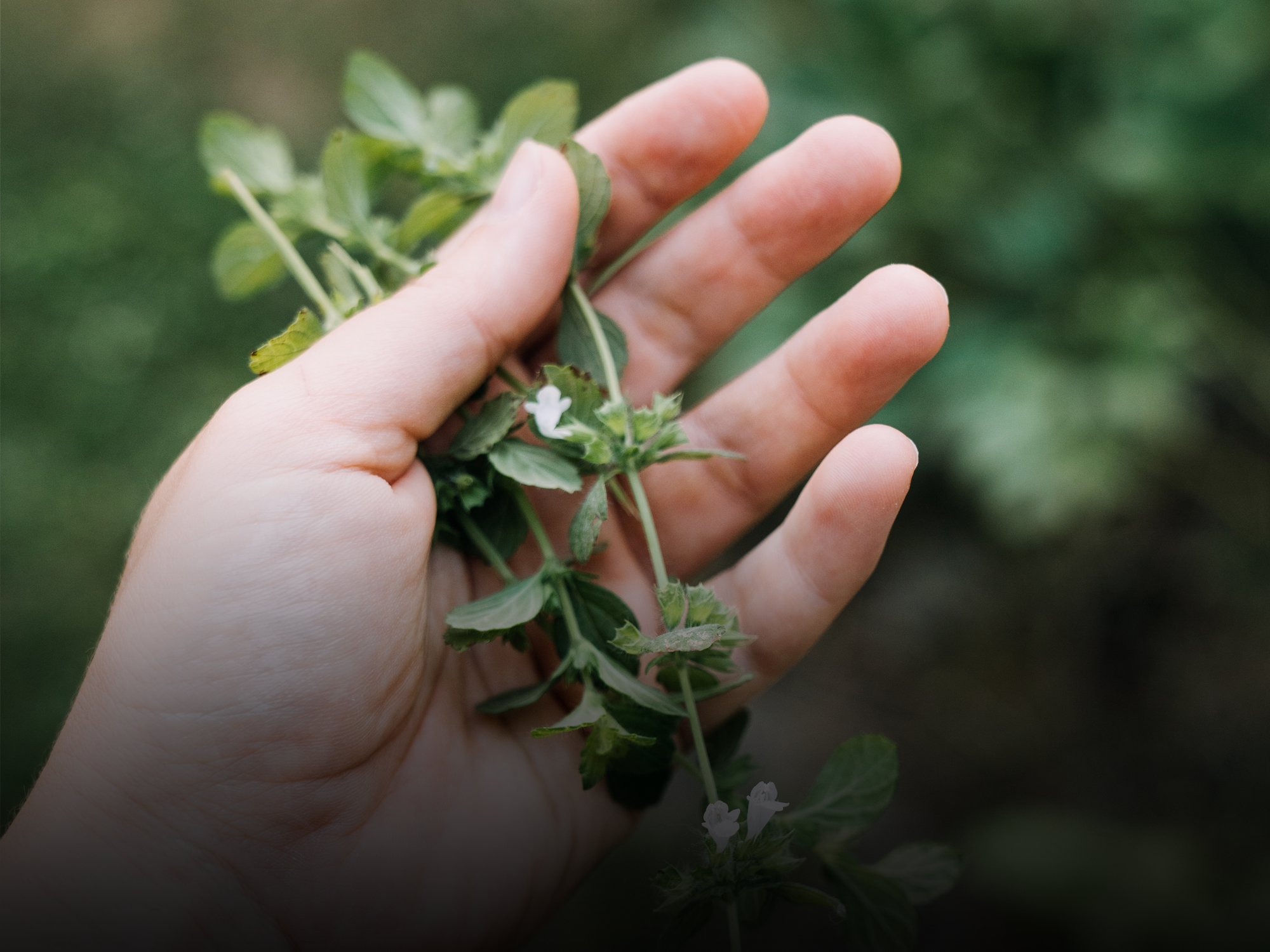The RECOACTIV® Kidney Tonic is an appetising* complementary food for older cats from 7 years of age and those with early signs of kidney dysfunction (IRIS stage I+II).
It contains low levels of minerals and has a reduced phosphorus content, supplemented with important vitamins. This and a moderate content of high-quality and easily digestible proteins ensure optimal support for weakened kidneys.
Thanks to its high level of acceptance and its liquid form, RECOACTIV® Kidney Tonic ensures increased absorption of moisture in order to favour the excretion of urinary (waste) substances and prevent dehydration (drying out). It encourages food intake despite a reduced appetite and thus supports the changeover to a less palatable special kidney diet.
RECOACTIV® products contain important vitamins and trace elements and are made from natural, food-grade ingredients. They are free from cereals, colourings and preservatives.
*In collaboration with the Institute of Animal Nutrition at the Free University of Berlin, Department of Veterinary Medicine, a scientific study has shown that RECOACTIV® both promotes the absorption of water and significantly stimulates the appetite of cats and increases their food intake.
What is chronic renal insufficiency in cats (CNI)
Chronic renal insufficiency is a predominantly age-related, irreversible kidney dysfunction in which the filtration capacity of the kidneys is increasingly restricted due to progressive destruction of the kidney tissue (nephrons). The disease only becomes symptomatically visible at a late stage, according to studies only when 70% of the kidney tissue is already affected. Although the progression of CKD can be slowed down therapeutically, it cannot be stopped, and once kidney tissue has been destroyed, it cannot be restored, which is why early detection and an appropriate diet are of great importance for the quality of life and life expectancy of the affected animals.
Signs of renal insufficiency (CNI)
- Increased thirst and increased urine output
- Loss of appetite and weight loss
- Changes in the coat: dull, shaggy, dry or scaly coat
- Dehydration: Dehydration occurs because the electrolyte and water balance is no longer successfully controlled by the kidneys in the case of renal insufficiency
What can be done for a cat suffering from CKD?
Chronic renal insufficiency (CRF) is an irreversible disease in cats that cannot be cured and is the most common cause of death in older cats. Therapeutic approaches are therefore aimed at slowing down the progression of the disease as far as possible and optimising the quality of life of the affected animal. The following aspects are absolutely paramount:
- ensuring the intake of food and moisture
- relieving the kidneys through a high-quality diet that is gentle on the kidneys
In the further course of the disease, the use of a phosphate binder is recommended in addition to the kidney diet. This reduces the burden on the kidneys without jeopardising the cat's protein supply.</p
For cats with advanced CKD, RECOACTIV® Renaltan with phosphate binder is available to relieve the burden on the kidneys.
An adult cat of normal weight receives 10 ml per day.
In acute nutritional crises, the administration of up to 3 x 10 ml per day is recommended until the animal returns to normal eating behaviour.
The RECOACTIV® Kidney Tonic can be administered pure or over the food. Acceptance is highest at room temperature and is particularly recommended if the cat is eating insufficiently. In the case of critical food refusal, it has proven to be a good idea to gradually lick the tonic from the finger or give it by syringe (without cannula!) into the mouth until the animal has become accustomed to the tonic and the appetite is restored.
Dosage:
10 ml per day (corresponds to approx. 1 tablespoon)
In acute nutritional crisis: 3 x 10 ml per day
Duration of use:
If necessary, the product can be given permanently. Fresh water should always be made freely available.
Drinking water, vegetable by-products, meat and animal by-products (poultry meat 2%, beef 1.8% and poultry liver 0.8%), oils, fats, minerals, yeasts
Protein sources:
poultry meat, poultry liver, beef.
Metabolisable energy:
60 kcal/100 ml
pH value: 6.5









